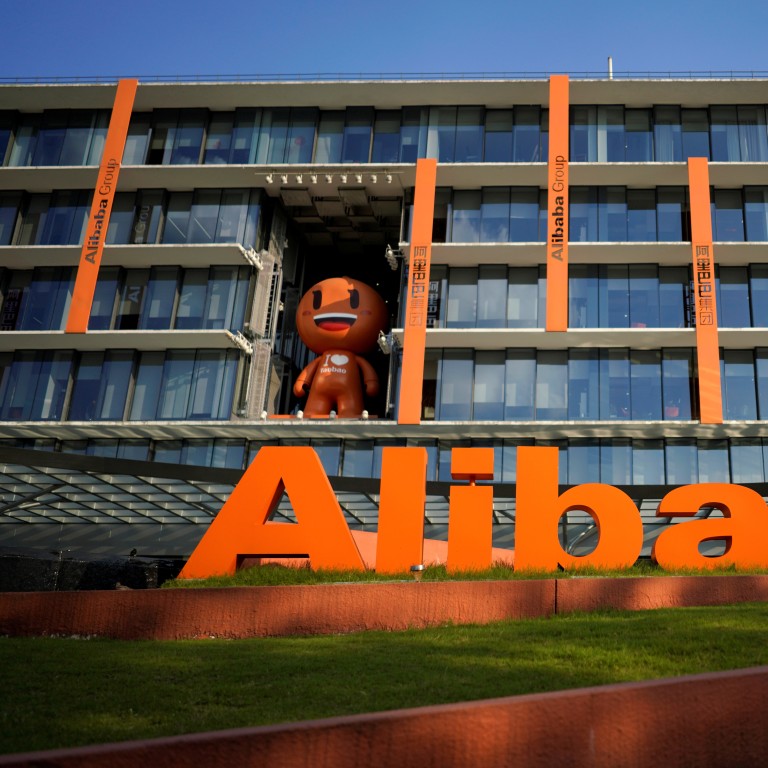
Alibaba unveils first self-developed chip processor as China looks to bolster self-reliance in semiconductors
- China is still heavily reliant on the US for semiconductors, with 85 per cent of market demand met by imports
Alibaba Group on Thursday unveiled its first self-developed chip processor, as Chinese companies move to seek self-sufficiency in the semiconductor industry amid the US-China trade war.
Developed by Alibaba’s chip subsidiary Pingtouge, the Xuantie 910 processor is based on an open-source architecture called RISC-V, as opposed to the more commercially-used ARM architecture. Alibaba is the parent company of the South China Morning Post.
That Alibaba chose the RISC-V architecture for its new 16-core processor is also telling. RISC-V, being a globally-recognised open-source standard, is not affected by trade restrictions, allowing Chinese firms to use the architecture without having to commercially license from companies like ARM, which is subject to US technology bans like the one imposed on Huawei Technologies in May.
“This new RISC-V processor is designed to serve a lot more heavy-duty IoT applications that require high-performance computing, such as AI, networking, gateway, self-driving automobile and edge servers,” Alibaba said in a statement.
“We believe the new processor would also help drive the growth of the RISC-V open-source community in Asia and globally.”
Chinese AI chip maker Horizon Robotics raises US$600m in funding
The Xuantie 910 is currently the most high-performance RISC-V processor on the market and its increased processing power can help reduce the cost of chip production by more than 50 per cent, according to the company.
Alibaba’s Pingtouge subsidiary was set up last year as part of the company’s efforts to develop chips for the burgeoning Internet of Things industry and artificial intelligence applications, following Alibaba’s acquisition of Chinese chip maker C-Sky Microsystems.
The Hangzhou-headquartered Alibaba is now part of a group of Chinese tech companies, including Huawei and AI upstart Horizon Robotics, that are dedicating resources to develop their own AI chips.
The Chinese government has called for greater self-sufficiency, bolstering core competencies in technologies such as semiconductors to reduce reliance on Western technology. Most recently, the need to strengthen China’s semiconductor industry was highlighted when telecommunications giant Huawei was put on the US entity list, a trade blacklist that forbids the firm from doing business with US companies.
China is still heavily reliant on the US for semiconductors, with 85 per cent of market demand met by imports, according to a report by state-owned newspaper Global Times in January. In 2018 China imported US$300 billion worth of chips, and by 2020 is only expected to reach a self-sufficiency rate of just 15 per cent.

